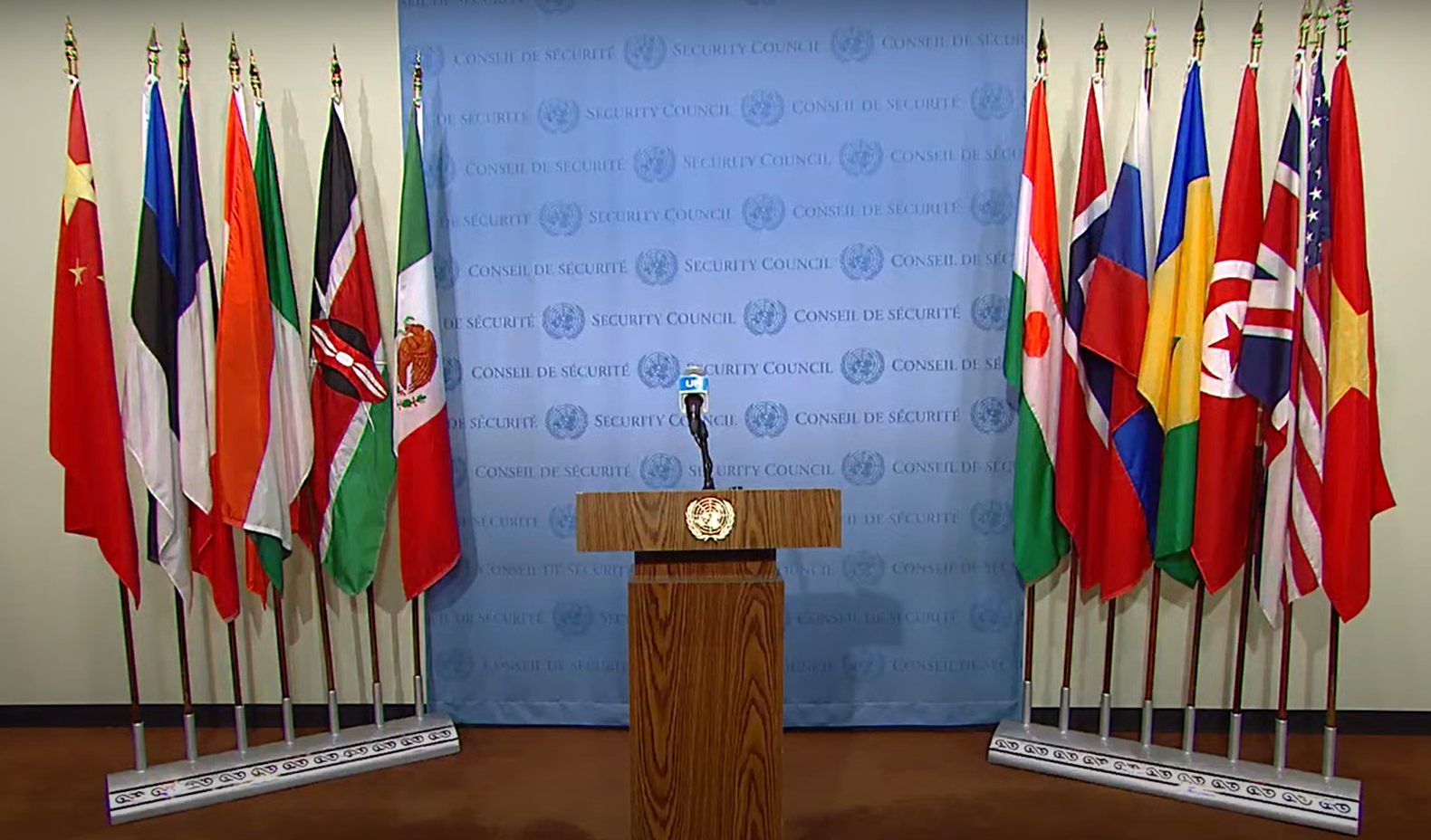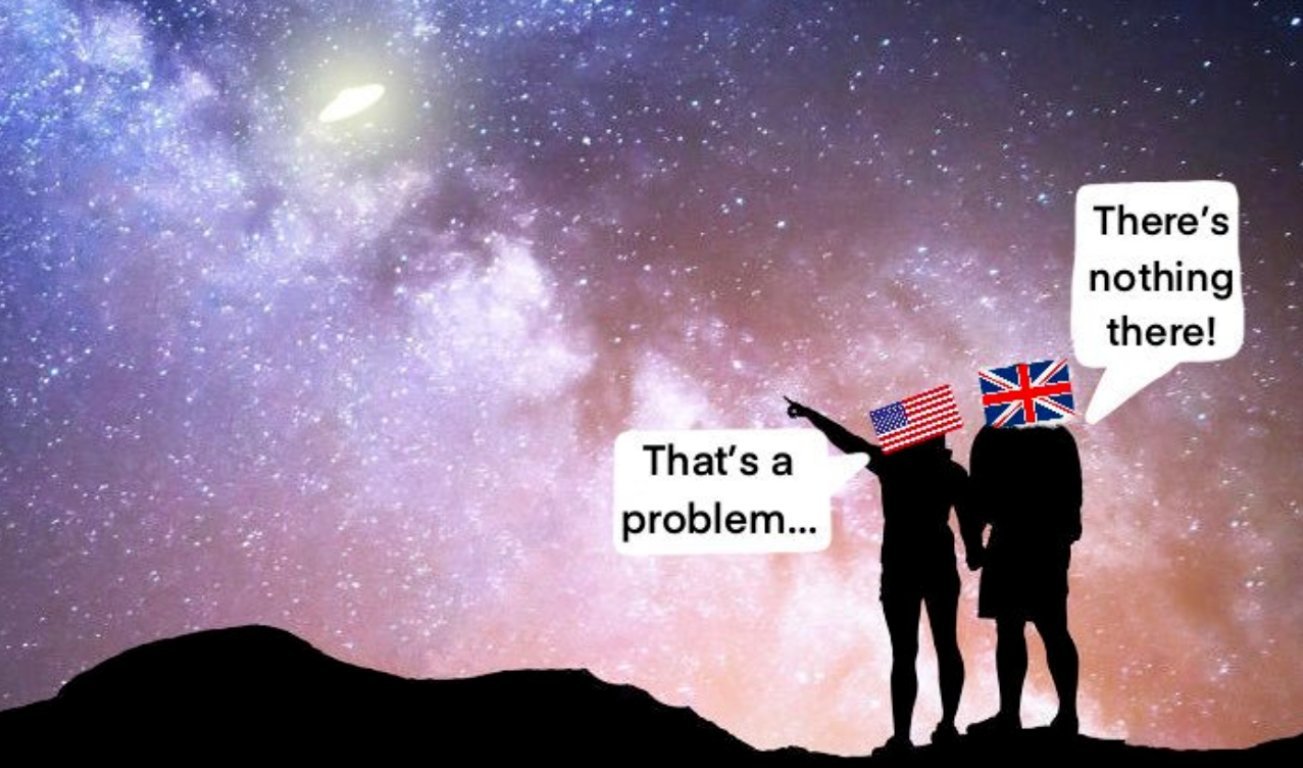NDAA 2022 Could Stimulate San Marino To Make Historic UFO Request At United Nations
Written by Christopher Sharp - 13 December 2021
In Washington D.C., the excitement is palpable among those advocating for Unidentified Aerial Phenomena (UAP) transparency.
Gillibrand, Rubio, and Gallego didn’t fall for the trap and pressed ahead with their plans for a UAP Office; the Pentagon’s new (unpronounceable) UAP Group failed to impress elected decision-makers.
Initially known as ASTRO, the proposed UAP Office could propel us into Lue Elizondo’s fabled “third gear” - an international UAP conversation.
The NDAA 2022, if passed in its current form, will require the Department of Defense (DoD) to ‘coordinate’:
“With allies and partners of the United States, as appropriate, to better assess the nature and extent of unidentified aerial phenomena.”
Of course, that would encompass traditional allies, including the UK, Australia, New Zealand, and Canada.
But the term ‘partners’ may be more intriguing and perhaps open to some creative interpretation.
Potential International Coordination Beyond Traditional Allies
The term ‘partners’ widens the international scope beyond allies.
In theory, it could open the door to possible coordination with China and Russia, in so far that the U.S. could enter an ad-hoc partnership arrangement with such nations to engage on the UAP topic, if prudent and appropriate.
But the most significant potential partner (for now) may be the mountainous microstate of San Marino, one of the world’s oldest existing republics.
This small republic is currently considering whether to accept a proposed plan that envisages a historic formal request to the United Nations. If accepted, it would mean San Marino requesting the establishment of periodic conferences under the UN’s aegis, dedicated to the study of UAP.
If passed, the current language within the NDAA 2022 could allow the DoD’s pro-UAP transparency faction to engage with San Marino’s government, providing encouragement to lodge the UN request.
Note that the NDAA language doesn’t specifically state that the DoD must coordinate with a specific nation’s defense department; this detail could pave the way to coordination with San Marino’s Minister of Culture, where the proposed plan was lodged by UAP transparency organization, ICER.
Will Other Nations Play Ball?
Image by The Zignal
Outside the U.S., many other nations have historically been cautious on the UAP topic, a theme that continues to this day.
In fact, numerous western nations publicly state that the phenomenon isn’t important enough to warrant investigation, despite recent moves by the U.S. Congress and DoD.
On the eve of the NDAA potentially being signed into law, that situation hasn’t changed.
Liberation Times contacted numerous foreign governments, asking whether they intended to cooperate with any potential UAP Office, as set out within the current NDAA language.
In response, a Canadian Department of National Defense spokesperson commented:
“Beyond responding to credible threats identified by NORAD, Transport Canada, FAA, or other agencies, the Royal Canadian Air Force does not typically investigate sightings of unknown or unexplained phenomena.
That said, we will continue to cooperate with our allies in the U.S. on all matters pertaining to North American security.”
Meanwhile, the UK government appeared to evade the question altogether, when asked if it intended to cooperate, and simply provided a standard boilerplate response:
“The MOD has no opinion on the existence of extra-terrestrial life and no longer investigates reports of sightings of Unidentified Aerial Phenomena or Unidentified Flying Objects. This is because, in over 50 years no such reporting to the Department indicated the existence of any military threat to the UK, and it was deemed more valuable to prioritise MOD staff resources towards other Defence-related activities.”
However, the UK’s response could be informed by the apparent fact that it has not seen the classified version of the UAPTF report, news which was recently broken by former Ministry of Defence UAP investigator, Nick Pope.
What Will Happen Internationally In 2022?
As the world’s most prominent superpower advances its UAP investigations, 2022 may see allies and partners slowly amending their stance on this topic.
If the U.S. provides definitive evidence that UAP represents exotic technology that poses a defense threat, it seems unthinkable that other nations, particularly the UK, could retain their current stance regarding the phenomenon.
Nevertheless, San Marino (with a population of 33,600) could prove pivotal to the international dam breaking, especially if an international discussion at the UN seems likely.
Update: Liberation Times has since had more email exchanges with a press officer from the UK’s Royal Air Force.
Liberation Times has repeatedly asked the same question to the MoD: - ‘If approached, would the MoD cooperate, coordinate, or engage with the U.S. on the topic of UAP?’
As of now, the MoD has refused to confirm whether it will commit to cooperating with its number one ally on a topic that apparently is of no significance.
In fact, it’s apparently of so little significance, that the UK may not even cooperate on the issue, risking a spat with its closest ally.
Below is a screenshot, showing the last two email exchanges.
The Hansard link can be found here. In our determination, there is no commitment shown to work with the U.S. on this issue.
Although this is the UK’s current position, it may yet change once the NDAA is signed into law.





